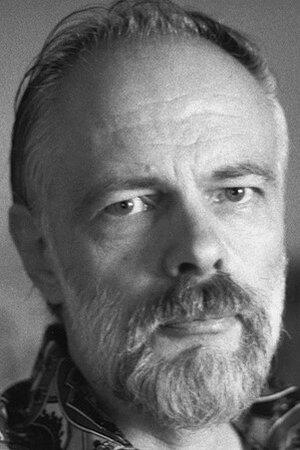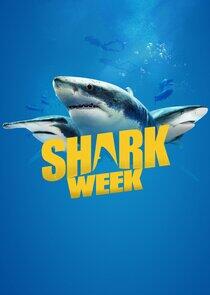
Philip K. Dick
Born in Chicago, Dick moved to the San Francisco Bay Area with his family at a young age. He began publishing science fiction stories in 1952, at age 23. He found little commercial success until his alternative history novel The Man in the High Castle (1962) earned him acclaim, including a Hugo Award for Best Novel, when he was 33. He followed with science fiction novels such as Do Androids Dream of Electric Sheep? (1968) and Ubik (1969). His 1974 novel Flow My Tears, the Policeman Said won the John W. Campbell Memorial Award for Best Science Fiction Novel.
Following years of drug abuse and a series of mystical experiences in 1974, Dick's work engaged more explicitly with issues of theology, metaphysics, and the nature of reality, as in novels A Scanner Darkly (1977), VALIS (1981), and The Transmigration of Timothy Archer (1982). A collection of his speculative nonfiction writing on these themes was published posthumously as The Exegesis of Philip K. Dick (2011). He died in 1982 in Santa Ana, California, at the age of 53, due to complications from a stroke. Following his death, he became "widely regarded as a master of imaginative, paranoid fiction in the vein of Franz Kafka and Thomas Pynchon".
Dick's posthumous influence has been widespread, extending beyond literary circles into Hollywood filmmaking. Popular films based on his works include Blade Runner (1982), Total Recall (adapted twice: in 1990 and in 2012), Screamers (1995), Minority Report (2002), A Scanner Darkly (2006), The Adjustment Bureau (2011), and Radio Free Albemuth (2010). Beginning in 2015, Amazon Prime Video produced the multi-season television adaptation The Man in the High Castle, based on Dick's 1962 novel; and in 2017 Channel 4 produced the anthology series Electric Dreams, based on various Dick stories.
In 2005, Time named Ubik (1969) one of the hundred greatest English-language novels published since 1923. In 2007, Dick became the first science fiction writer included in The Library of America series.
Biography from the Wikipedia article Philip K. Dick. Licensed under CC-BY-SA. Full list of contributors on Wikipedia.
Part of Crew
Recently Updated Shows

WWE Monday Night RAW
WWE Monday Night RAW is World Wrestling Entertainment's (formerly the WWF and the WWWF before that) premiere wrestling event and brand. Since its launch in 1993, WWE Monday Night RAW continues to air live on Monday nights. It is generally seen as the company's flagship program due to its prolific history, high ratings, weekly live format, and emphasis on pay-per-views. Monday Night RAW is high profile enough to attract frequent visits from celebrities who usually serve as guest hosts for a single live event. Since its first episode, the show has been broadcast live or recorded from more than 197 different arenas in 165 cities and towns in seven different nations: including the United States, Canada, the United Kingdom twice a year, Afghanistan for a special Tribute to the Troops, Germany, Japan, Italy and Mexico.

Shark Week
Shark Week is an annual, week-long TV programming block created by Tom Golden at the Discovery Channel, which features shark-based programming. Shark Week originally premiered on July 17, 1988.

America's Got Talent
With the talent search open to acts of all ages, America's Got Talent has brought the variety format back to the forefront of American culture by showcasing performers from across the country. The series is a true celebration of the American spirit, featuring a colorful array of singers, dancers, comedians, contortionists, impressionists, jugglers, magicians, ventriloquists and hopeful stars, all vying for their chance to win America's hearts and the $1 million prize.

The Daily Show
Hosted by a rotating cast of comedy greats, The Daily Show remains the go-to source for provocative satire, insightful interviews and an award-winning team of correspondents and contributors.



